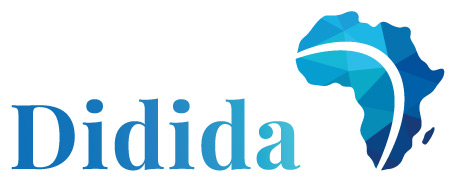DIDIDA presented at United Nations General Assembly (UNGA 78)
On Thursday 14 September, DIDIDA will be presented during the online event organised by the International Science Summit around the 78th United Nations General Assembly (UNGA78): ‘Transformative digital diagnostic technologies with Imperial College London’.
I’m pleased to have this opportunity to showcase DIDIDA, which aligns with many of the United Nations’ sustainable development goals, including Good Health and Wellbeing, Quality Education and Climate Action.
More than 50% of the population of sub-Saharan Africa lacks access to essential health services, and in rural areas it’s often difficult for patients to get an accurate diagnosis. DIDIDA is working to tackle that problem by providing a system that can be used anywhere to provide patients with appropriate diagnosis and the correct treatments. That will help improve patient outcomes and reduce the antimicrobial resistance that can come from offering patients ineffective drugs based on incorrect diagnoses.
Just as importantly, the results collected and securely shared with regional and national health authorities will help them make better-informed decisions about disease management and treatment.
By the time the project is complete in 2027, we’ll have trained a new generation of African experts in cutting-edge diagnostic techniques which have the potential to radically transform the way public health is tested, treated and monitored.
One of the aims of DIDIDA is to explore better diagnostics for patients presenting with fever. Individuals often present to doctors with febrile illness which could be caused by a number of different infectious diseases, including malaria. Ensuring that the correct treatment is given will have clear benefits not just to the induvial but the whole community.
Pharmaccess is very pleased to be part of this exciting project. We are an international non-profit organization with a digital agenda dedicated to connecting more people in sub-Saharan Africa to better healthcare. Our platforms can not only be used to look at changes in infectious disease prevalence across communities but also, in the future can be linked with meteorological data to explore how climate changes might influence the spread of disease.
Want to know more?
Are you a student and you want to learn more? A researcher seeking to consult our publications? A citizen eager to better understand the issues? A decision-maker who can promote this innovation? A journalist looking for an engaging story to tell?
